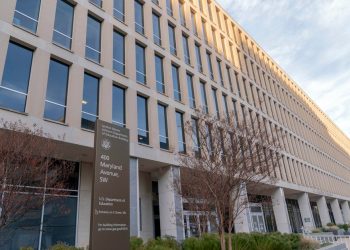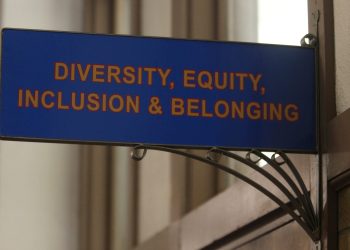Near the end of Delilah McBride’s second month of kindergarten in Taylor, Michigan, her family received jarring news from her principal: Delilah would be allowed to come to school only in the morning. Someone would need to pick her up before noon every day, even as the rest of her peers continued learning and playing together.
Delilah’s first several weeks of school in the fall of 2018 had been marked by discipline incidents and suspensions, as she got in trouble for not listening to instructions and hitting staff members. Her parents wanted to get her a special education designation — and all the supports that came with it. But instead, they were told by school administrators that their daughter “couldn’t handle full days,” said Sarah McBride, Delilah’s mother.



























































